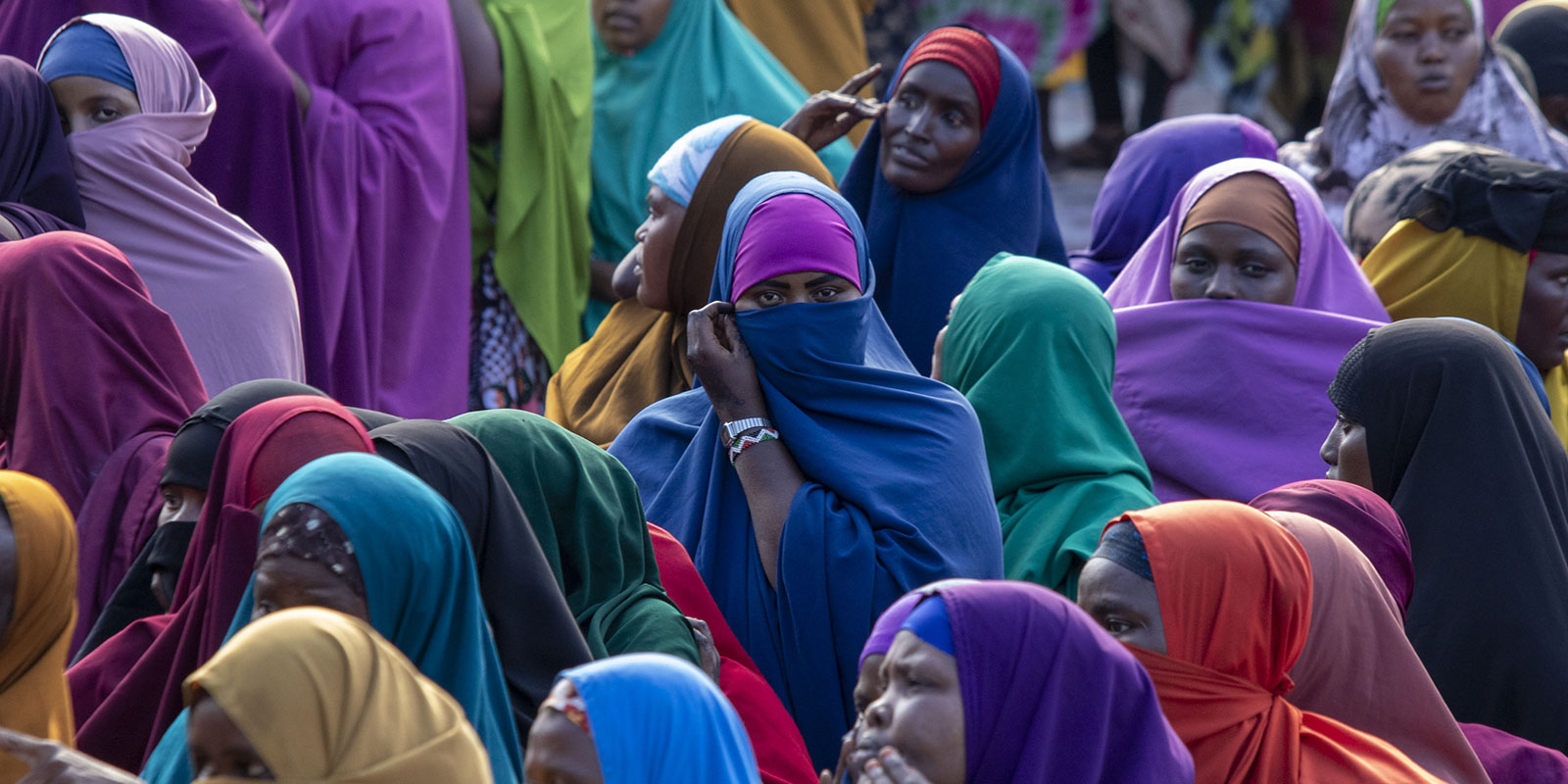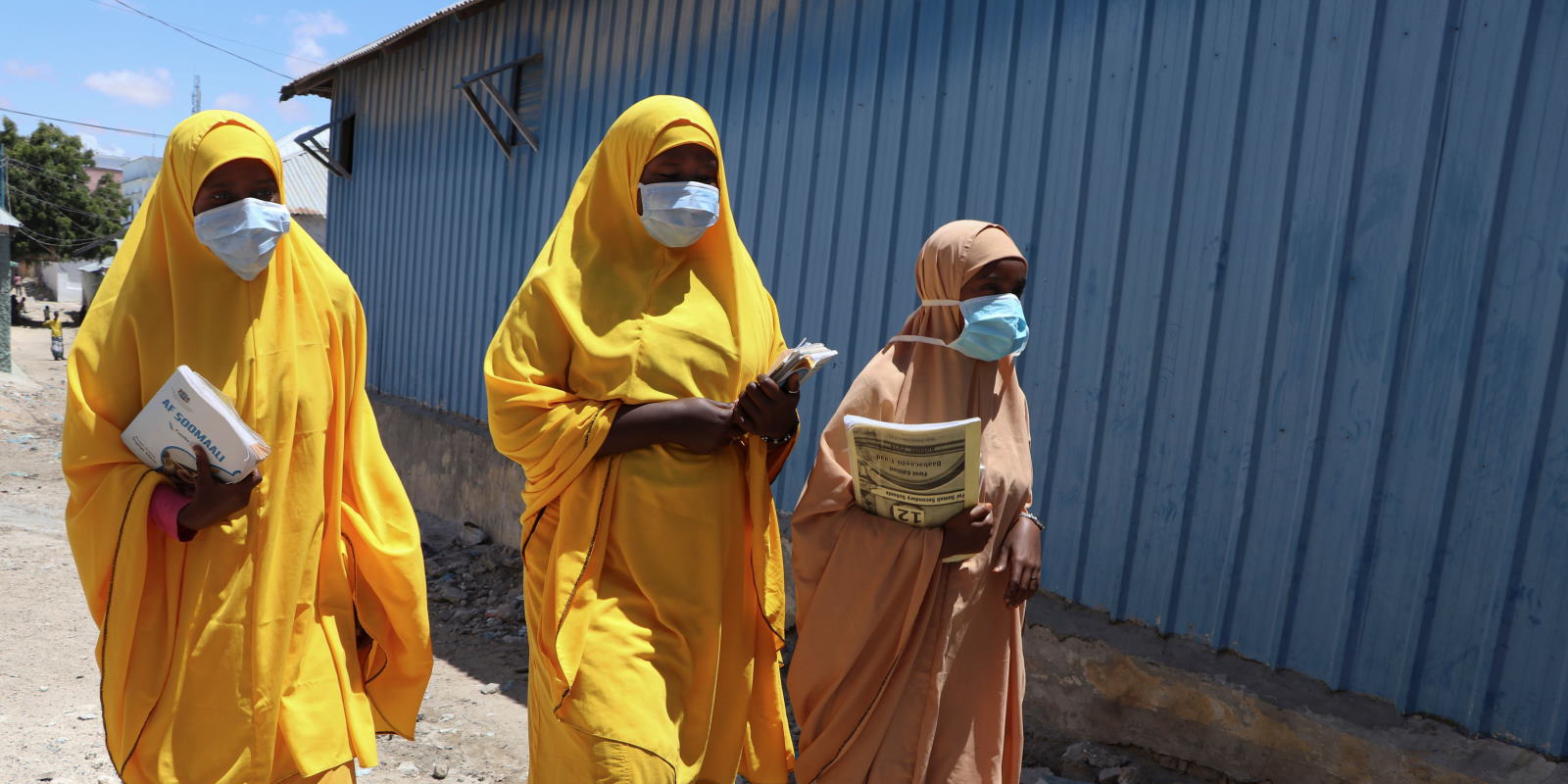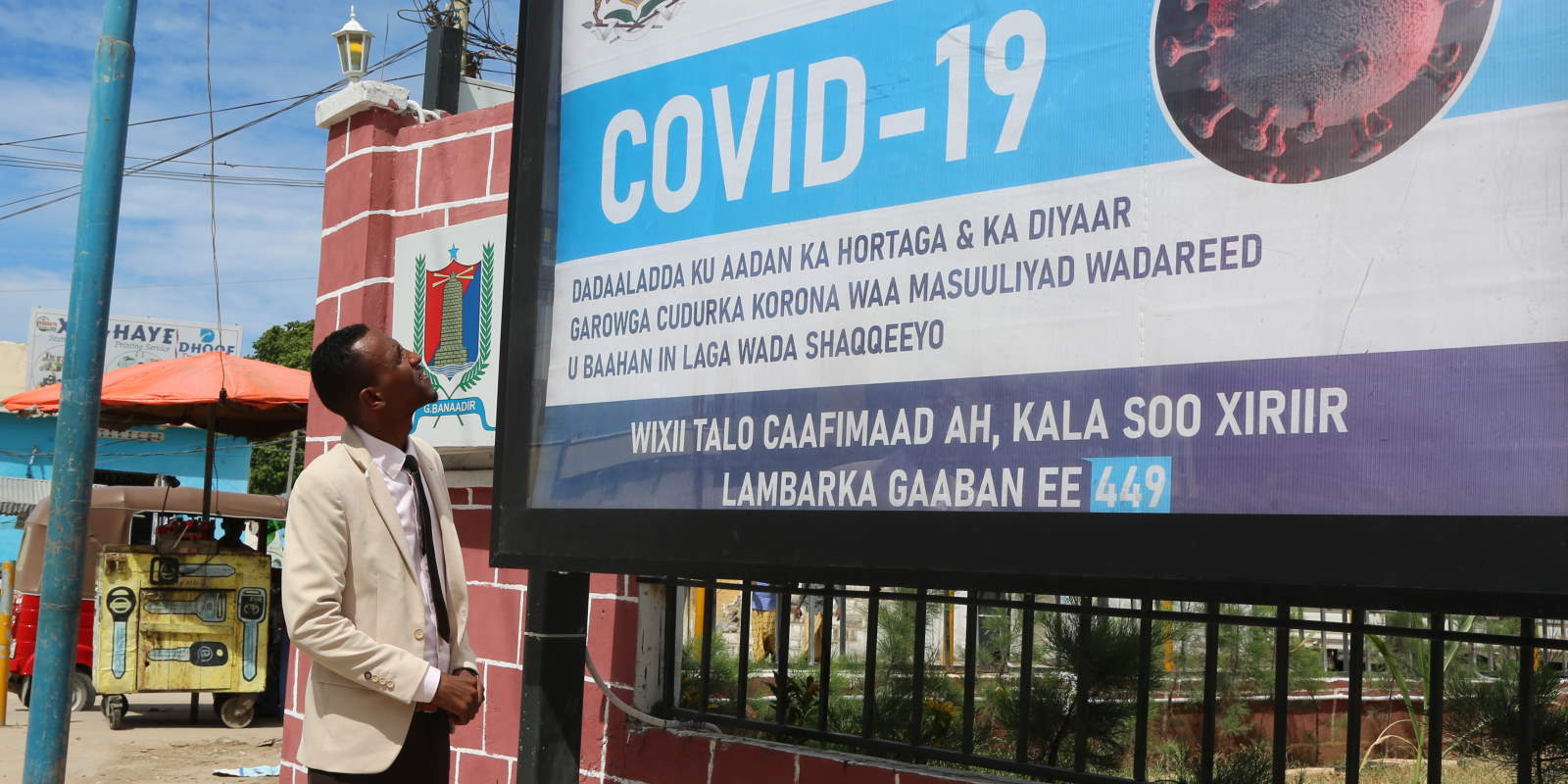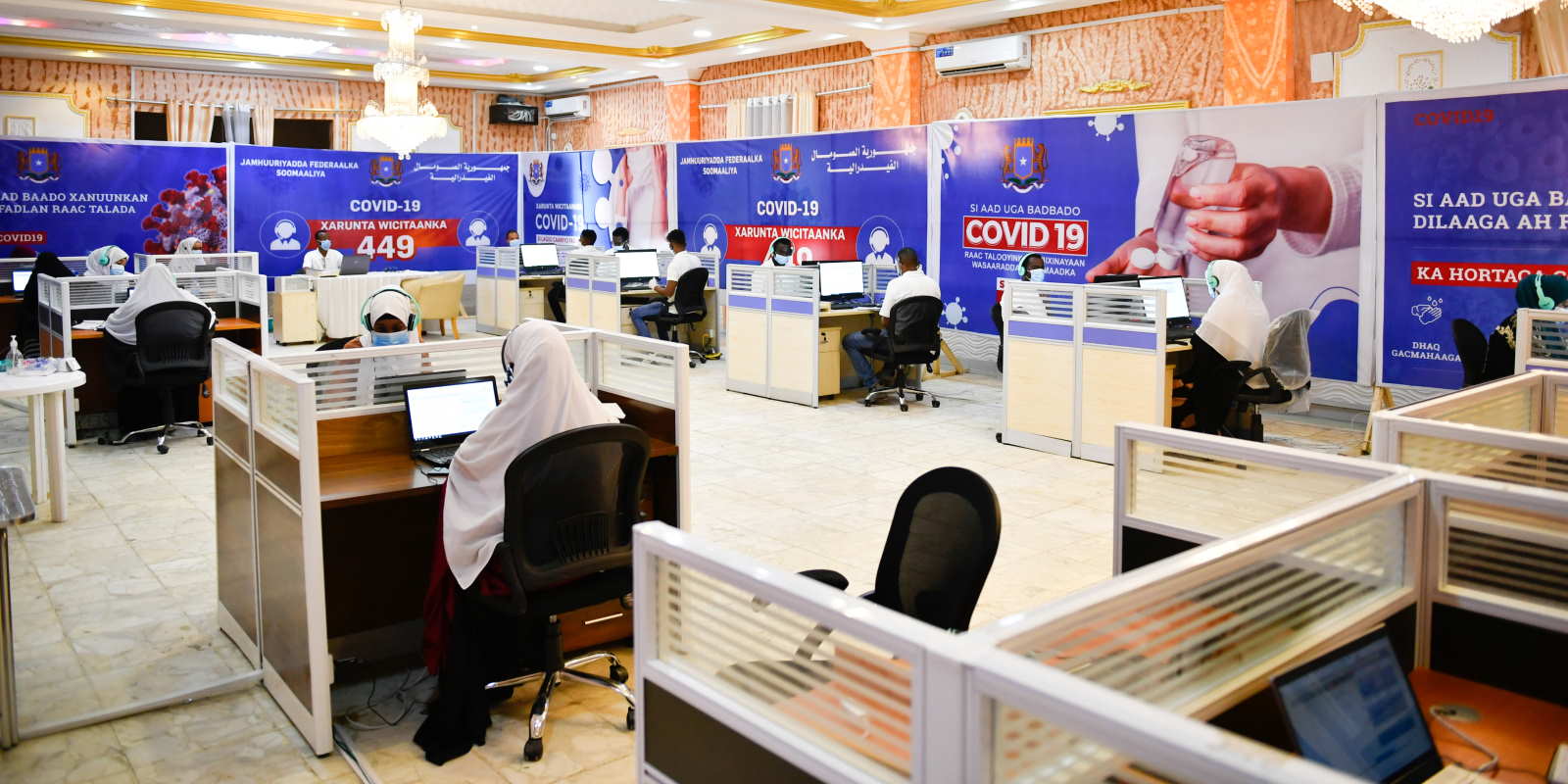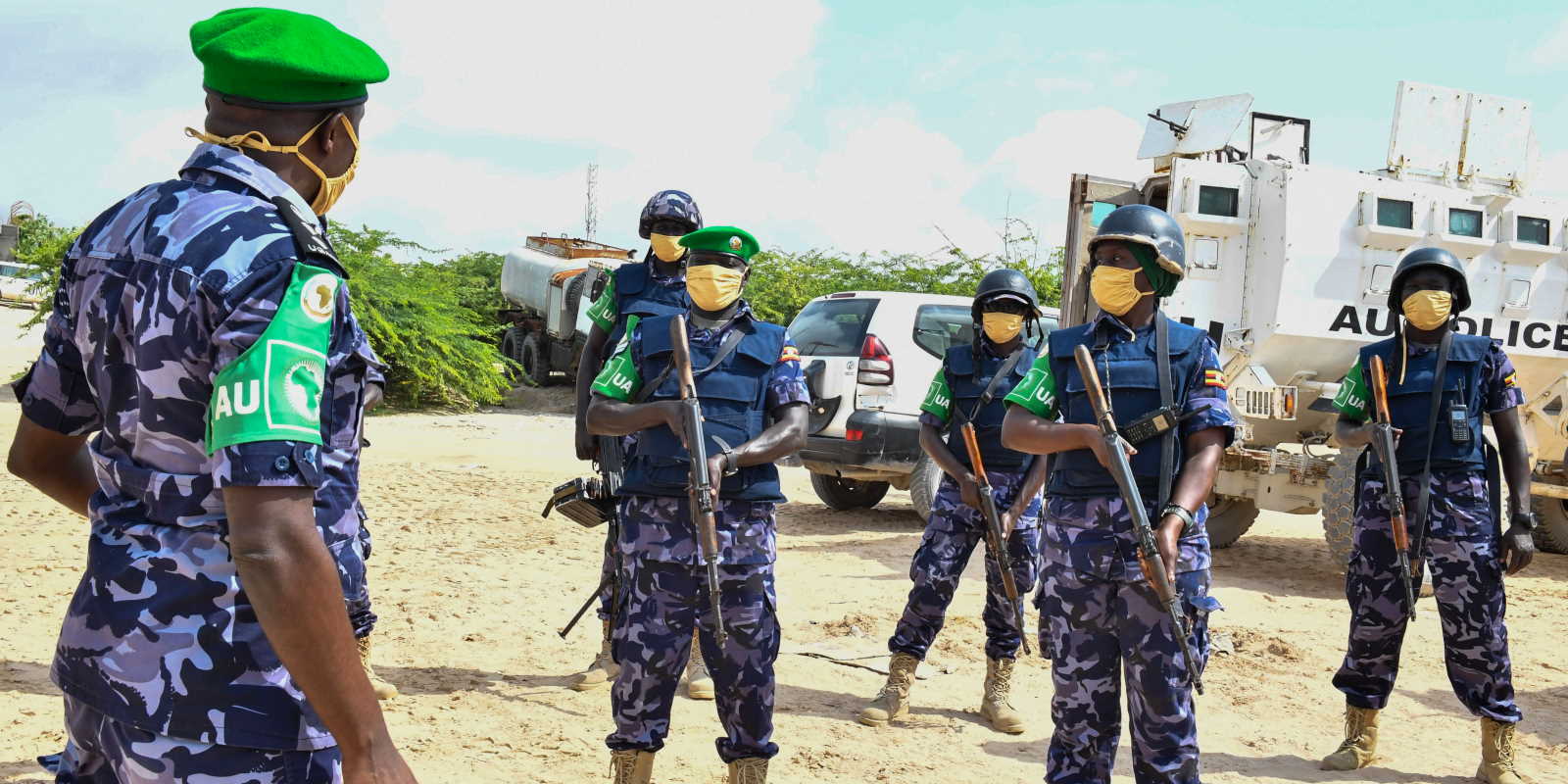In this week’s edition of the ACCORD COVID-19 Conflict & Resilience Monitor, we focus on the impact of COVID-19 on Somalia, and how Somali society as well as the African Union (AU) and the United Nations (UN) in Somalia have adapted to the pandemic.
We start with a reflection by Ambassador Francisco Caetano Madeira, Special Representative of the AU for Somalia and head of the AU Mission in Somalia, on how the African Union Mission in Somalia (AMISOM) was affected by COVID-19 and the steps it has taken to manage the pandemic, both in its own ranks and in terms of continuing with its operations.
The Special Representative of the UN Secretary-General (SRSG) and head of mission of the UN assistance mission to Somalia (UNSOM), James Swan, considers the impact of COVID-19 on the humanitarian situation, the upcoming election and political developments in Somalia.
Somalia is situated in the Horn of Africa, and the UN Secretary-General’s Special Envoy for the Horn of Africa, Parfait Onanga-Anyanga, takes a broader look at the impact of COVID-19 on the region.
We end this week’s edition with a contribution by Yusuf Mussa, who looks at what COVID-19 reveals about the resilience of Somali society. He calls for a concerted and sustained effort by all to support Somalia’s resilience to manage this difficult period.

